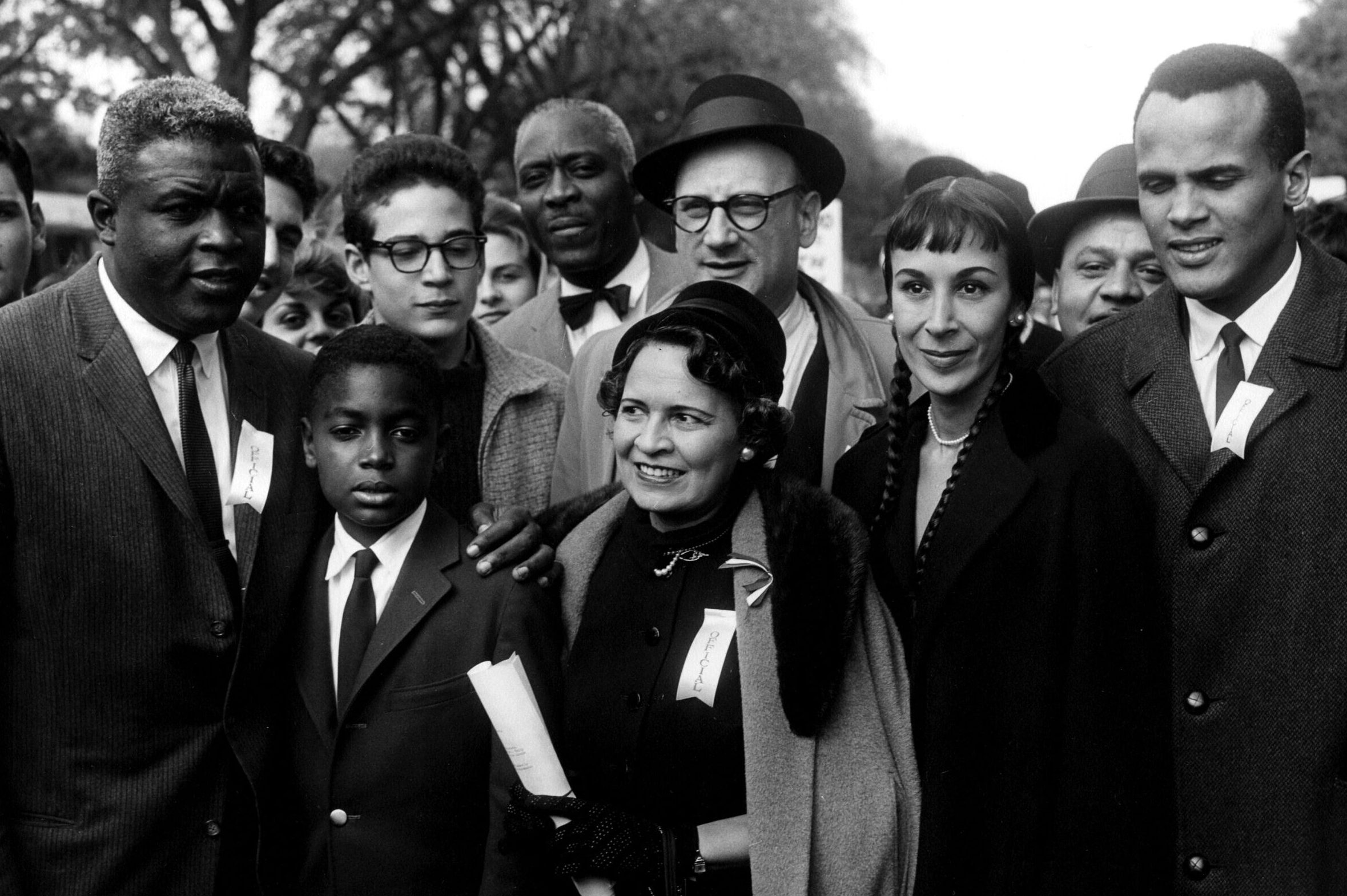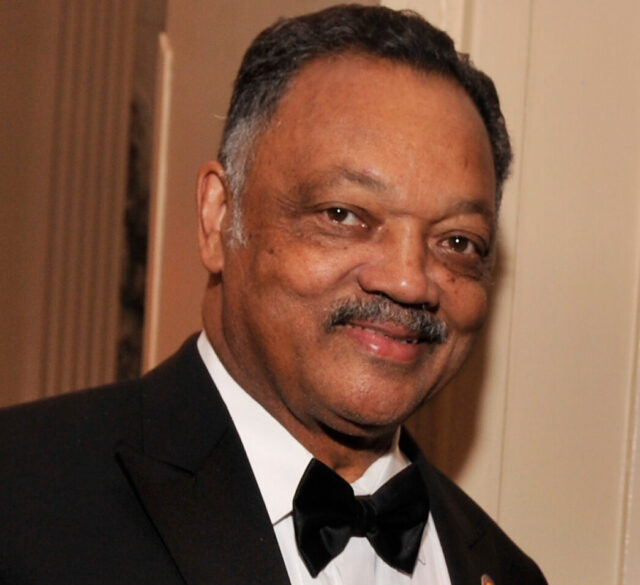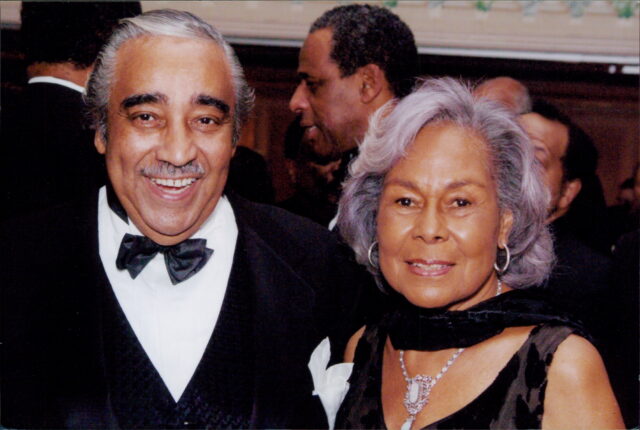October is always a transitional month in baseball and off the field, bringing the change of season and the “Fall Classic” a.k.a., the World Series. For Jackie Robinson, October was a month that proved triumphant, tragic, and transitional at various points in his life.
October 4, 1946
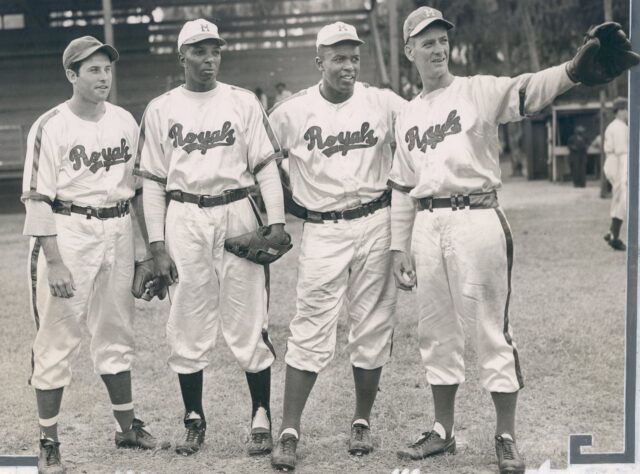
Jackie Robinson and the Montreal Royals beat the Louisville Colonels to win the Little World Series. In his first season in White professional baseball, playing for the Brooklyn Dodgers minor league affiliate, Robinson leads the triple-A International League with a .349 batting average and 113 runs scored. Forecasting his big-league skills, Robinson steals 40 bases and drives in 66 runs, drawing 92 walks with just 27 strikeouts. The Royals finished in first place with a 100-54 record. Robinson drove in the winning run in Game One of the Little World Series vs. the Louisville Colonels. He went 3-5 with a double, a triple, two runs scored, and one RBI in Game Five and hit two singles in the Royals 2-0 series clincher.
The Montreal fans knew Jackie was headed for the big leagues next year and clamored for Robinson to make a curtain call from the dugout. Writer Sam Matlin described the scene for the Pittsburgh Courier:
“Jackie came out and the crowd surged on him. Men and women of all ages threw their arms around him, kissed him and pulled and tore at his clothes, and then carried him around the infield on their shoulders, shouting themselves hoarse. Jackie, tears streaming down his face, tried to beg off further honors.”
Seven years later on October 4, 1955, Jackie Robinson wins his only World Series championship, as the Brooklyn Dodgers beat the New York Yankees in seven games.
Courtesy: Getty Images
October 8, 1953
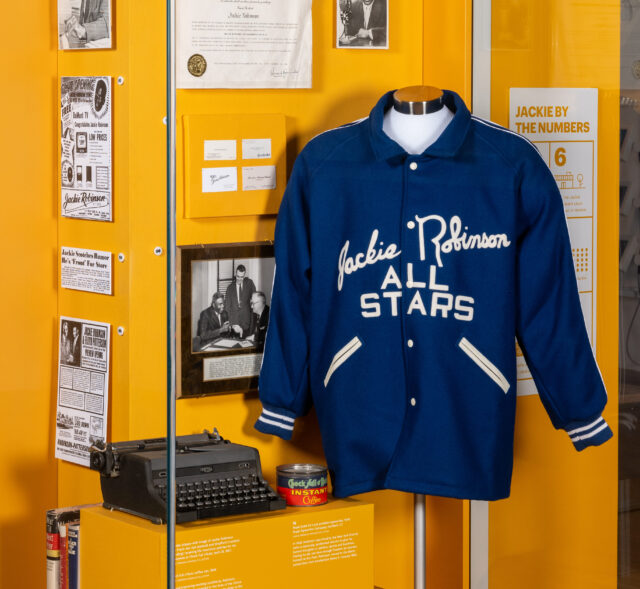
In Birmingham, AL Police Commissioner “Bull” Connor bars the Jackie Robinson Negro All-Stars from playing an exhibition game vs. the Black Biloxi Tigers at the Lee Street Diamond 10 days before the game was scheduled to take place, citing a “a city ordinance that forbids mixed athletic events.”
Robinson, who previously toured the country with an all-Black team, had signed notable white players Al Rosen, Ralph Branca, and Gil Hodges to join the interracial All-Stars.
After meeting with members of the Birmingham community, Robinson decides to drop the white players from his All-Stars roster and move forward rather than cancel the game, partially because he and the members of the community he met with thought that canceling the game might help Mr. Connor win a bid for Birmingham mayor.
Robinson’s decision was met with some consternation in particular from the Birmingham World, Alabama’s largest Black newspaper: “Chalk up another victory for bigotry in Birmingham,” the paper said. “Add Jackie Robinson’s name to America’s shame list. He gave in to racial intolerance. We aren’t rooting anymore for Jackie.”
Upon reflection, Robinson said later in a press conference back in Harlem that he “may have been wrong,” but that he “thought he was right at the time.”
October 15, 1972
Jackie Robinson throws out the first pitch before Game Two of the World Series between the Oakland A’s and Cincinnati Reds at Riverfront Stadium in Cincinnati. Accepting a plaque marking the 25th anniversary of his entry into the majors, in front of the sell-out crowd and an estimated television audience of approximately 60 million viewers, Robinson delivers a brief speech expressing his desire to see an African American MLB manager:
“I’m extremely proud and pleased to be here this afternoon but must admit I’m going to be tremendously more pleased and more proud when I look at that third base coaching line one day and see a Black face managing in baseball. Thank you very much.”
Nine days later on October 24, 1972, Robinson suffers a heart attack and dies at age 53 at his home in Stamford, Connecticut.
October 25, 1958
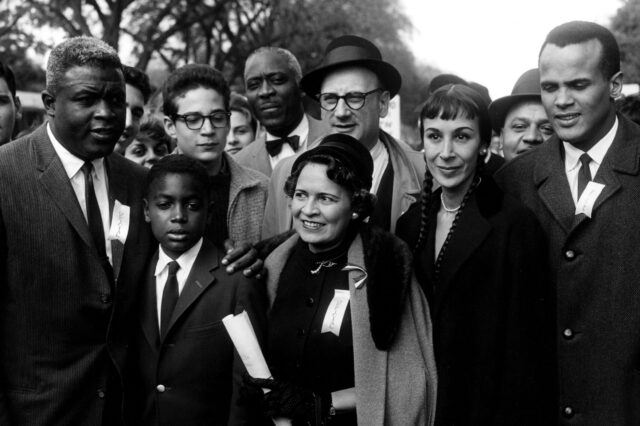
Joined by Rachel and Jackie Jr., as well as by several other prominent leaders and personalities such as Harry and Julie Belafonte and Coretta Scott King, Jackie Robinson led more than 10,000 students, black and white, on a march down Constitution Avenue to the Lincoln Memorial. In October of 1958 and again in April of 1959, Robinson and Dr. Martin Luther King Jr. served together as honorary chairs for the Youth March for Integrated Schools. Coretta Scott King delivered a speech on behalf of her husband, who was recovering from being stabbed a month earlier at book signing event in New York. Dr. King did not attend the march, but he was enthusiastic about its possibilities, saying that “such a project will do much to give courage, support, and encouragement to our [beleaguered] children and adults in the south. Simultaneously it will have a profound moral effect upon the nation and world opinion.”
